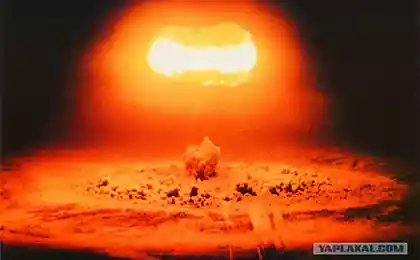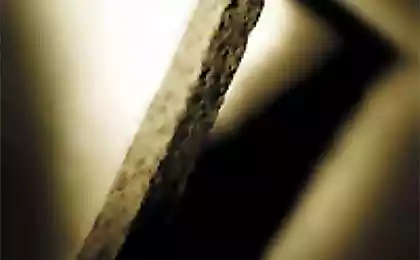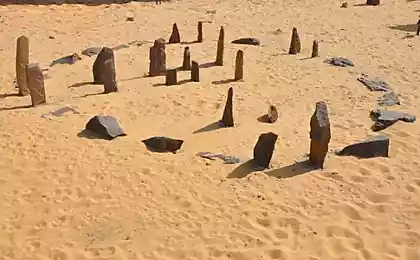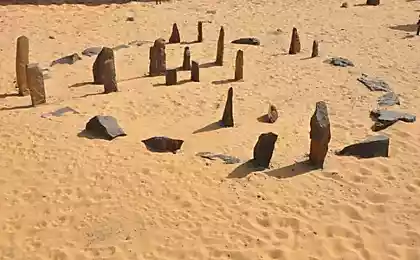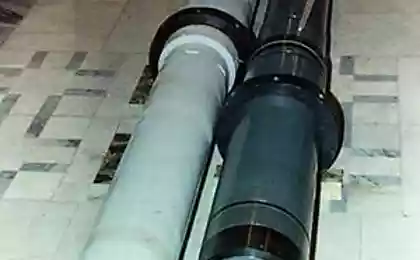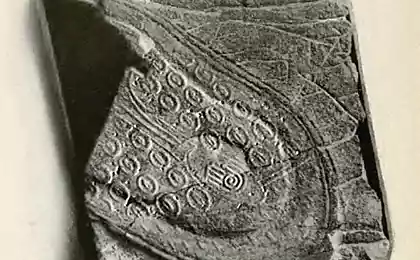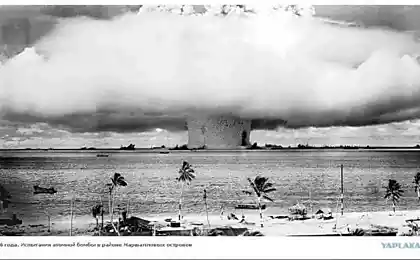418
Discovered a rare fossil embryos more than 500 million years
Shipboard and his team now are studying fossilized embryos in rocks that provide rare opportunities to investigate the origin and developmental biology of early animals during the Cambrian explosion.
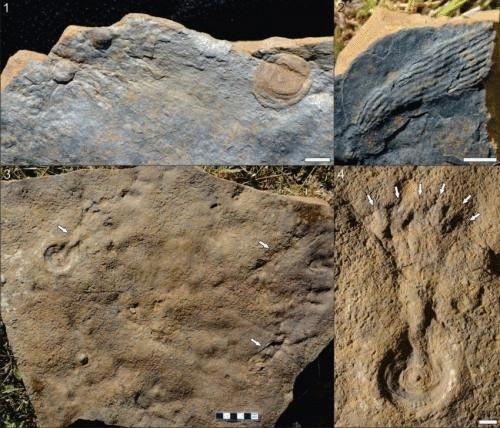
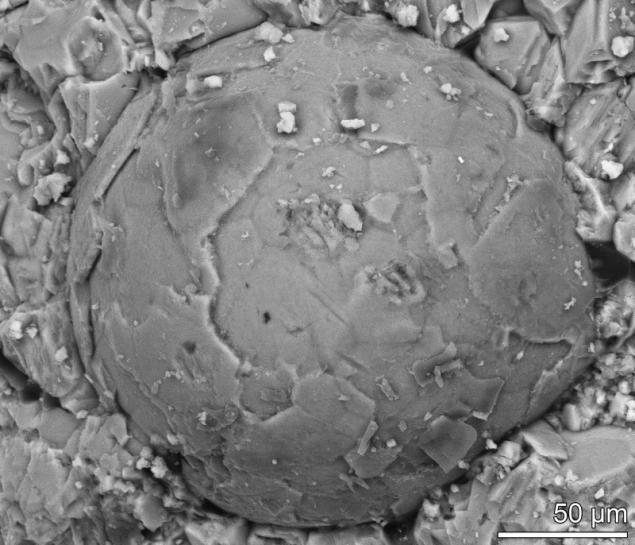
Collected fossils from the lower Cambrian Shuijingtuo formation in the Hubei province of South China and analyzed samples to determine the chemical composition of the rocks. Soft tissue fossils have different chemical models complicate than researchers to determine the processes that contributed to their preservation. It is important to understand how fossils were preserved, because their chemical markers can also give clues about the nature of the original tissues of organisms, said.
"Something obviously went wrong in these fossils," said Shipboard. "Our Earth has a pretty good method of disposal after the death of matter. Here, the suicidal mechanisms of the cells did not happen, and these soft tissues is preserved. Studying collected fossils found more than 140 of spherical fossils, some of which include features that resemble embryos at the stage of division, essentially frozen in time."
The fossilized embryos the researchers found were significantly smaller than other fossil embryos from the same time period, suggesting that they represent a still undescribed organism. Additional studies will focus on identifying the parents of these embryos and their evolutionary position.
Source: /users/1077


Collected fossils from the lower Cambrian Shuijingtuo formation in the Hubei province of South China and analyzed samples to determine the chemical composition of the rocks. Soft tissue fossils have different chemical models complicate than researchers to determine the processes that contributed to their preservation. It is important to understand how fossils were preserved, because their chemical markers can also give clues about the nature of the original tissues of organisms, said.
"Something obviously went wrong in these fossils," said Shipboard. "Our Earth has a pretty good method of disposal after the death of matter. Here, the suicidal mechanisms of the cells did not happen, and these soft tissues is preserved. Studying collected fossils found more than 140 of spherical fossils, some of which include features that resemble embryos at the stage of division, essentially frozen in time."
The fossilized embryos the researchers found were significantly smaller than other fossil embryos from the same time period, suggesting that they represent a still undescribed organism. Additional studies will focus on identifying the parents of these embryos and their evolutionary position.
Source: /users/1077



